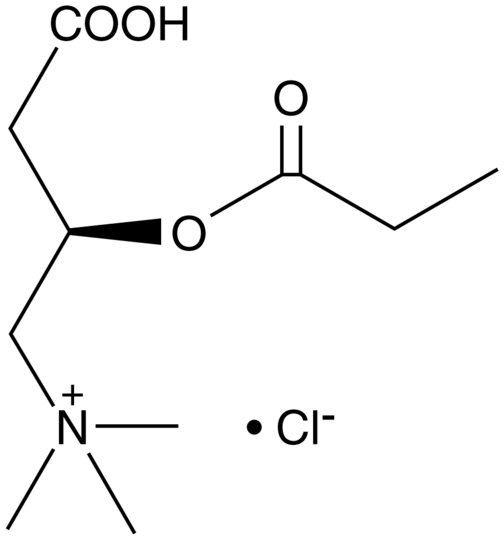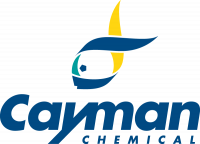Cookie preferences
This website uses cookies, which are necessary for the technical operation of the website and are always set. Other cookies, which increase the comfort when using this website, are used for direct advertising or to facilitate interaction with other websites and social networks, are only set with your consent.
Configuration
Technically required
These cookies are necessary for the basic functions of the shop.
"Allow all cookies" cookie
"Decline all cookies" cookie
CSRF token
Cookie preferences
Currency change
Customer-specific caching
FACT-Finder tracking
Individual prices
Selected shop
Session
Comfort functions
These cookies are used to make the shopping experience even more appealing, for example for the recognition of the visitor.
Note
Show the facebook fanpage in the right blod sidebar
Statistics & Tracking
Affiliate program
Conversion and usertracking via Google Tag Manager
Track device being used

If you have any questions, please use our Contact Form.
You can also order by e-mail: info@biomol.com
Larger quantity required? Request bulk
You can also order by e-mail: info@biomol.com
Larger quantity required? Request bulk
Propionyl-L-carnitine is a naturally occurring carnitine derivative formed by carnitine... more
Product information "Propionyl-L-carnitine (chloride)"
Propionyl-L-carnitine is a naturally occurring carnitine derivative formed by carnitine acetyltransferase during beta-oxidation of uneven chain fatty acids. Propionyl-L-carnitine increases the basal release of prostaglandin E2 (PGE2, Cay-14010) and 6-keto-prostaglandin F1alpha (Cay-15210) in carrageenan-stimulated isolated rat peritoneal cells contaminated with neutrophils and increases the basal release of thromboxane B2 (TXB2, Cay-19030) in non-contaminated cells. It reduces the production of reactive oxygen species (ROS) and decreases the expression of NADPH oxidase 2 (NOX2), NOX4, and ICAM-1 in human umbilical vein endothelial cells (HUVECs). It also increases the rate of revascularization and the hind limb vascular area in a rabbit model of hind limb ischemia when administered at a dose of 10 mg per animal. Propionyl-L-carnitine reduces mitochondrial dysfunction induced by ischemia, preventing mitochondrial calcium overload, and depletion of ATP tissue stores in a rabbit model of ischemia.Formal Name: 3-carboxy-N,N,N-trimethyl-2R-(1-oxopropoxy)-1-propanaminium, monochloride. CAS Number: 119793-66-7. Synonyms: CAR 3:0, C3:0 Carnitine, L-Carnitine propionyl ester, Levocarnitine propionate, L-Propionylcarnitine, ST 261. Molecular Formula: C10H20NO4 . Cl. Formula Weight: 253.7. Purity: >98%. Formulation: (Request formulation change), A crystalline solid. Solubility: DMF: 15 mg/ml, DMSO: 20 mg/ml, Ethanol: 25 mg/ml, PBS (pH 7.2): 10 mg/ml. SMILES: C[N+](C)(C)C[C@@H](CC(O)=O)OC(CC)=O.[Cl-]. InChi Code: InChI=1S/C10H19NO4.ClH/c1-5-10(14)15-8(6-9(12)13)7-11(2,3)4,/h8H,5-7H2,1-4H3,1H/t8-,/m1./s1. InChi Key: KTFMPDDJYRFWQE-DDWIOCJRSA-N. Side Chain Carbon Sum: 3:0.
| Keywords: | C3 Carnitine, Levocarnitine propionate, L-Propionylcarnitine, ST 261, 3-carboxy-N,N,N-trimethyl-2R-(1-oxopropoxy)-1-propanaminium, monochloride |
| Supplier: | Cayman Chemical |
| Supplier-Nr: | 9001873 |
Properties
| Application: | Uneven chain fatty acid beta-oxidation intermediate |
| MW: | 253.7 D |
| Formula: | C10H20NO4 . Cl |
| Purity: | >98% |
| Format: | Crystalline Solid |
Database Information
| CAS : | 119793-66-7| Matching products |
Handling & Safety
| Storage: | -20°C |
| Shipping: | -20°C (International: -20°C) |
| Signal Word: | Warning |
| GHS Hazard Pictograms: |
|
| H Phrases: | H315, H319 |
| P Phrases: | P264, P280, P302+352, P305+351+338, P321, P332+313, P337+313, P362+364 |
Caution
Our products are for laboratory research use only: Not for administration to humans!
Our products are for laboratory research use only: Not for administration to humans!
Information about the product reference will follow.
more
You will get a certificate here
Viewed


